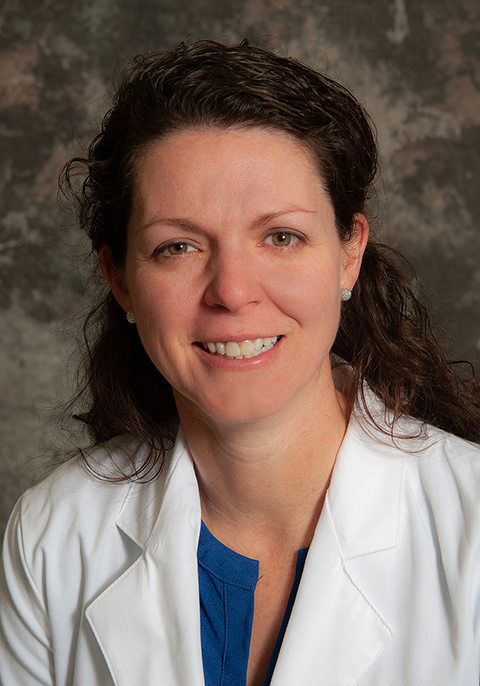Women’s Health Care

From adolescence through menopause, women’s health needs continue to change. An annual gynecological examination is important for women of any of any age.
It is important to establish care with a women’s health provider as early as age 13, this is the perfect age to begin building a relationship and establishing trust. Even though teens will most likely not be needing a pelvic exam at this age, it is a perfect opportunity to begin learning about normal body changes they may experience, safe sex practices, contraception choices, STD screening and HPV prevention.
As women enter their 20’s, continued routine annual gynecologic care is important to optimize reproductive health in order to prepare for child bearing. In the event that the women is not ready for pregnancy, it allows an opportunity to discuss long-acting, reversible contraceptive methods that are more effective and may have less side effects. Women at this age can also experience common gynecologic issues such as pelvic pain and abnormal uterine bleeding, which can be treated by a gynecologist.
Once women enter their 40s and 50s, their primary women’s health concerns turn from fertility and maternity care to common concerns centered around perimenopause and menopause.
Every woman’s journey through menopause is unique — from the age she starts, to what symptoms are experienced, and how severe those symptoms are.
“Every woman responds differently to the natural decline in estrogen and progesterone released from the ovaries as she ages. It is this change in hormone levels that are responsible for the signs and symptoms associated with menopause,” says Lisa Jaramillo, DO, FACOG, a board-certified physician who practices obstetrics and gynecology at Penn Highlands Life’s Journey OB/GYN.
Here are some of the common symptoms that women experience during menopause, these symptoms can last anywhere from a few months to several years.
- Loss in bone mineral density — increasing the risk of developing osteoporosis.
- Difficulty concentrating and forgetfulness.
- Hair thinning and loss.
- Hot flashes/night sweats.
- Incontinence and/or urinary frequency.
- Irregular periods and abnormal uterine bleeding.
- Mood changes.
- Sleep disturbances, such as insomnia.
- Vaginal dryness, which can cause painful intercourse.
- Weight gain.
Your gynecologist can help you navigate, understand, and manage these symptoms.
Once you are past your child bearing years and through menopause, it may seem like there is no longer a reason to see a gynecologist especially if you have undergone a hysterectomy (removal of your uterus). But staying healthy in your senior years means being diligent about preventive care and staying on top of concerns like bone mineral density, cancer prevention, vaccinations, fall prevention and medication management. Your gynecologist can also help screen for and treat osteoporosis.
An annual examination by a gynecologist is an integral part of a woman’s health at any age. Women over age 65, even if they have had their ovaries and uterus removed, still need to have annual pelvic exams as the risk of gynecologic-related cancers increases in this population. Even though the risk of cervical cancer decreases substantially with age, the risks of other cancers, such as breast, vulvar, vaginal, uterine and ovarian cancer increase — and can be screened for by a gynecologist. An annual gynecologic exam is not only important for detecting cancers early, but is also good at identifying and treating conditions such as pelvic organ prolapse, incontinence and vulvar skin disorders such as lichen sclerosis.
Penn Highlands Healthcare offers comprehensive women’s health care services throughout Pennsylvania for women of all ages and stages. Services include prenatal care, labor and delivery, preventive care, vaccinations, contraceptive management, medical/surgical management of many gynecologic disorders and menopause management. To learn more, visit www.phhealthcare.org/women.

